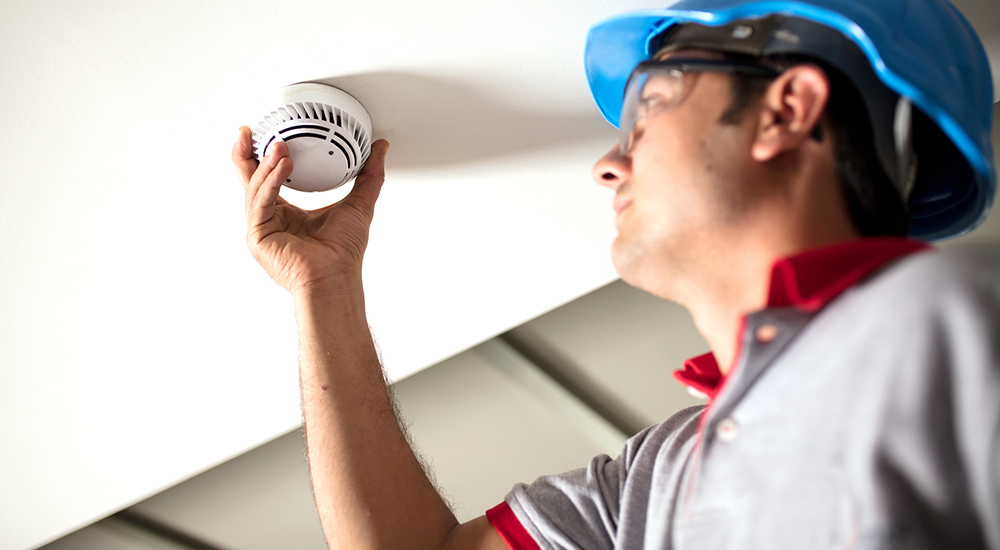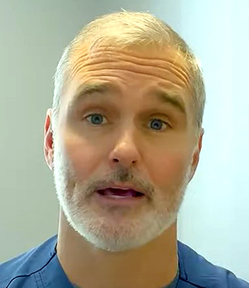A conversation and a carbon monoxide detector proved to be a life-saving combination.
Nurse and National HeRO awardee, Richard Hall of John Dingell VA in Detroit, enjoys talking to fellow Veterans and engaging during visits. He struck up a conversation with Veteran Larry Washington as he was leaving VA after noticing he had been to the ED multiple times over the last couple days.
Hall, an Emergency Department (ED) nurse, former firefighter and Navy Veteran, suggested that the Veteran have his carbon monoxide levels checked at his home. The suggestion saved the Washington’s life and potentially many others.
“I was nauseated, lightheaded, disoriented and everything. I really didn’t know where I was,” said Veteran Larry Washington. “Mr. Hall noticed and had me seen immediately in the ER. He was professional. I could have died. He saved me.”
(Hall received national recognition for his contributions to VA’s Journey to High Reliability. The latest VA Nurses Making a Difference HRO in Action video focuses on the HRO value, Clear Communication, featuring Hall.)
Asked questions which revealed the problem
Through inquiry and asking probing questions, Hall found that Washington had on-going symptoms of dehydration, lethargy, poor appetite and abdominal discomfort. Imaging and lab results did not show any emergent issues. During each visit, he was treated for dehydration and discharged feeling much better. Then Hall noticed that Washington’s wife was also not feeling well.
Hall began to dig deeper and asked whether Washington had work done in his home recently. His wife said their apartment had recently had a new furnace installed. Hall explained to Washington to have the carbon monoxide (CO) levels checked in his home.
Washington went home and called the gas company. It was confirmed the CO levels were dangerously high and Washington and his wife were immediately moved to a hotel. He was told that if he had stayed in the house much longer, he and his wife would have likely died.
Through persistence, caring and dedication, Hall was able to save a fellow Veteran, his family and other building tenants from a potentially fatal situation.
“Why we nurses do what we do.”
“To know I had that effect on someone is the greatest feeling in the world,” said Hall. “My dad’s a Veteran. I’m a Gulf war Veteran. To give back to my brethren and care for the community in which we reside is why us nurses do what we do.”
VA’s Journey to High Reliability aims to continuously improve its processes by maximizing patient safety and reducing harm to restore trust and ensure every Veteran receives the high-quality care they deserve.
Topics in this story
More Stories
As severe weather threatened Mississippi, local news warned of a dangerous outbreak of tornadoes. A VA nurse stepped up.
Dorothy “Pat” Rudd, 103, World War II Navy Veteran, has lived a life of service, pioneering the way for women in the military.
VA employees help return WWII items to two brothers’ families. Both brothers were WWII Veterans.






